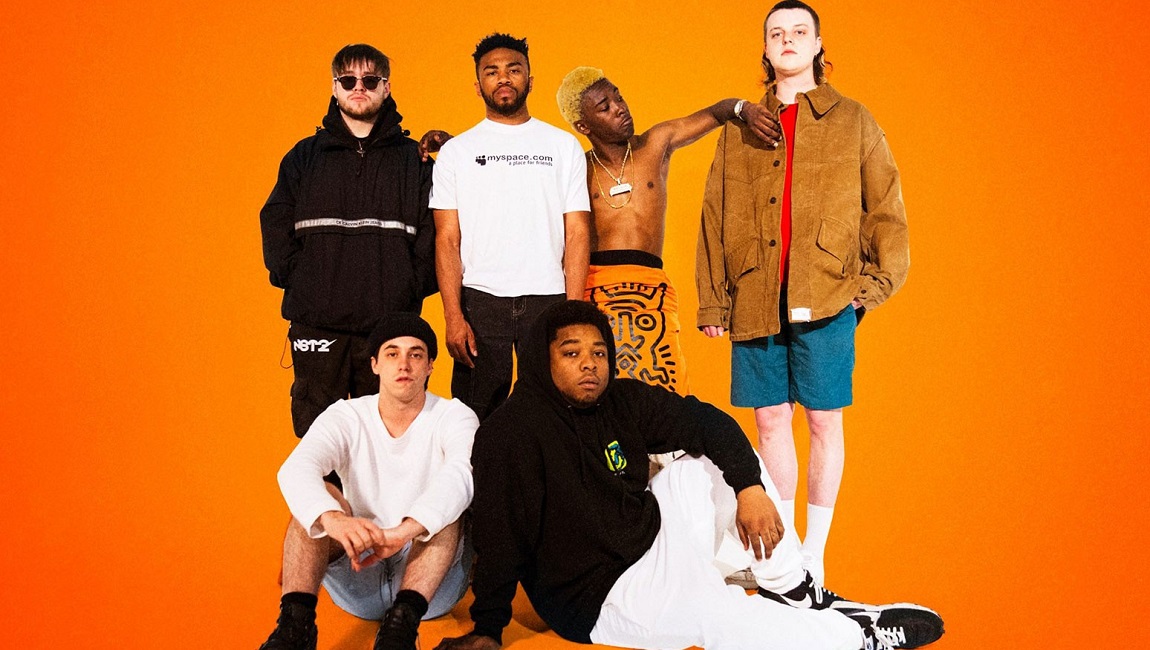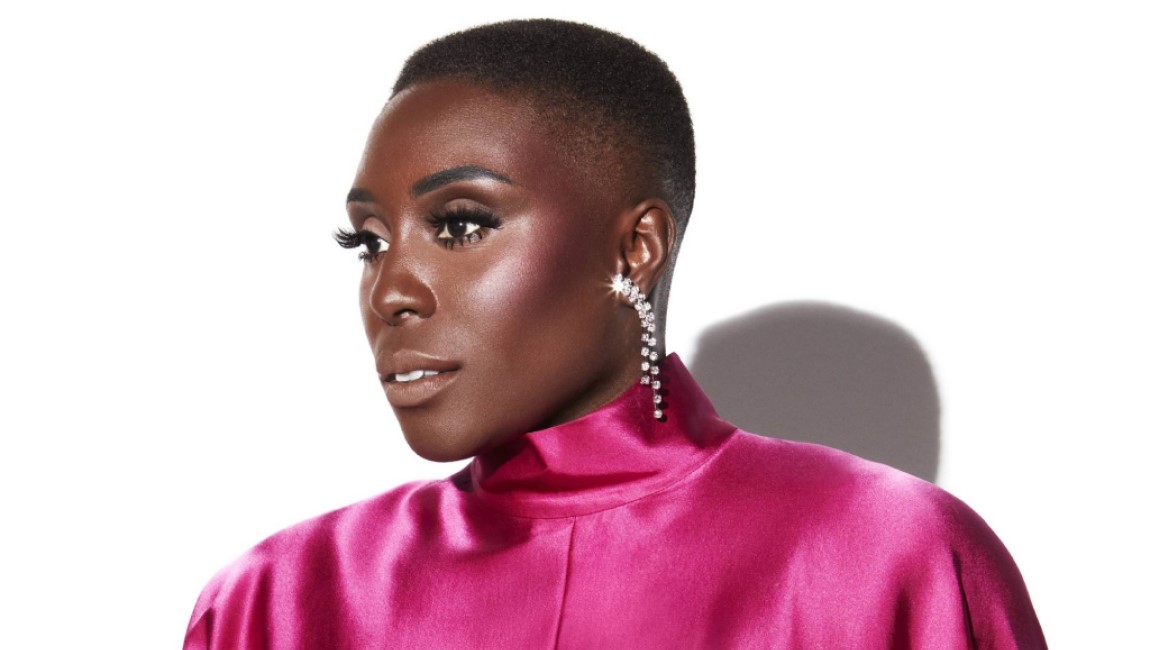The latest live recording of A Love Supreme is a revelation, with Coltrane blowing the standards to smithereens.
For decades, the only known live recording of A Love Supreme, John Coltrane’s four-part paean to God, recorded in December 1964 in one session at Van Gelder Studios in New Jersey and released the following January, came from a set in Antibes, France, recorded in July 1965. That recording, which was re-issued as part of the 2013 collection A Love Supreme: The Complete Masters, is great — it’s Coltrane’s quartet, after all — but it offers no real surprises. It sounds like a live recording of the studio album — all the same musicians, the same structure, the same sound. They even recreated the dim lighting of a nightclub in the studio to set a mood.
Half a century after A Love Supreme debuted, a newly unearthed recording, from Seattle in October 1965, has been released, and it’s a revelation. Whereas the French performance doesn’t deviate too significantly from the album, the newly released recording is twice as long. It mingles the raucous wail of free jazz with the sanguine smoothness of Coltrane’s spirituality, tender moments of calm obliterated by the tumult of players at the apogee of their game. (Joe Brazil taped the concert using the club’s two-channel recording system, so the sound quality isn’t quite as good as the Complete Masters, but that’s fine because the performance is so beguiling.) Coltrane’s quartet (pianist McCoy Tyner, bassist Jimmy Garrison, and drummer Elvin Jones) is joined by an up-and-coming Pharoah Sanders (who appears on Coltrane’s Ascension) on tenor sax, alto saxophonist Carlos Ward, and bassist Donald Rafael Garrett. The first song, “Acknowledgment,” 21-minutes-long here (the original recording is only eight minutes), is an eruption of sound, with the young Sanders blowing rapturously, Jones beating the skins furiously, and Coltrane, coming in late to the recording, delivering a brash solo. There’s a sense of pandemonium that isn’t on the album. The third movement, “Pursuance,” features Tyner’s swinging, sultry, grooving solo as the rest of the band follows along. On each movement, Coltrane states the themes of the album, then gets out of the way.
A Love Supreme: Live in Seattle is a polyrhythmic concatenation of solos, the calamity of improvisation cohering into something strange and wonderful. Throughout the performance, Coltrane allows everyone to take a turn in the spotlight, much like Miles Davis during his electric era. (Coltrane, a heroin addict and alcoholic, was, incidentally, fired from Davis’s band in 1957 for his bedraggled, bibulous appearance. But according to Coltrane, he “experienced, by the grace of God, a spiritual awakening which was to lead me to a richer, fuller, more productive life.”) A Love Supreme is the prodigy of Coltrane’s newfound spirituality. The final song on the album, “Psalm,” is set to a poem written by Coltrane, though he blows the notes rather than singing the words: “I will do all I can to be worthy of Thee O Lord. / It all has to do with it. / Thank you God. / Peace. / There is none other. / God is. It is so beautiful. / Thank you God. God is all.“
Jazz is a genre constantly in flux, always reinventing itself, transmuting into something at once new and old. Consider Davis’s “He Loved Him Madly,” a half-hour ambient tribute to Duke Ellington. Standards, Geoff Dyer wrote, are constantly being reinterpreted. On A Love Supreme: Live in Seattle, the standards are blown to smithereens, the little bits and pieces scooped up and rearranged into something that sometimes resembles the jazz of old, and marks a canonical work in Coltrane’s catalog.
Published as part of Album Roundup — October 2021 | Part 1.







